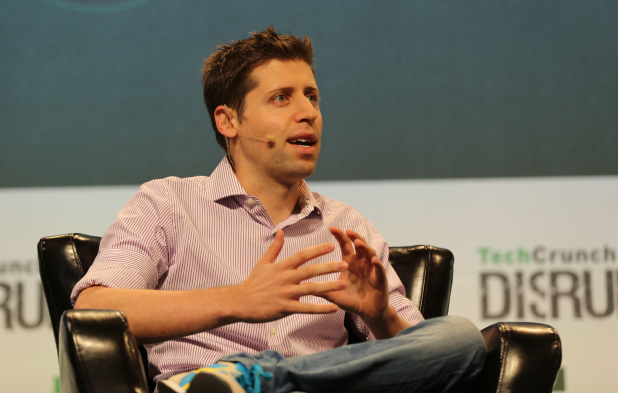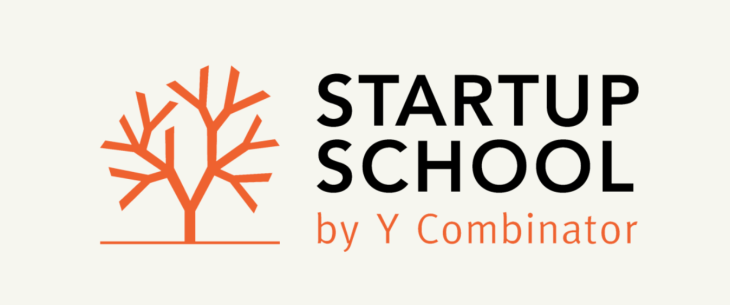Y Combinator is improving upon its Fall 2014 Stanford course, How to Start a Startup, with a larger-scale online course called Startup School. Whether you swear by startup bibles like Both Sides of the Table or Zero to One, there’s no denying that Y Combinator, now having backed more than 1,400 startups, has a tip or two to share about starting companies.
The 10-week class is a composite of lectures, class office hours and group office hours. YC is targeting current startup founding teams with the class, but you can always just watch the lectures as an observer. Startup School will be recorded at Stanford and feature speakers who played major roles at companies like WhatsApp, Stripe, Reddit, Quora, Facebook and Twitch.
“You can teach 30 percent of what you need to know to start a company in lectures, but the other 70 percent you need to actually start a startup,” Sam Altman, president of the Y Combinator Group, told TechCrunch.

Sam Altman, president of the Y Combinator Group.
In an attempt to replicate a lighter version of a YC Fellowship at scale, full students will have access to the shared community of startups taking the course via a dedicated Slack channel. In addition to a like-minded community, participants will be required to report weekly company updates. And much like YC office hours, some students will get access to advice from YC alumni. At the conclusion, students will be able to share their work at something of a miniaturized demo day.
“In planning the course, I talked to 50 people who I thought were good startup advisors and good teachers and who had thought a lot about education,” said Altman.
The class features an entire lecture dedicated to building a great company culture. Students will learn how to build and manage teams and the specifics of what to look for when hiring. The course also spends time addressing the topics of diversity and inclusion. And whereas the rest of the Valley might have you believe that ideas are a dime a dozen, YC spends ample time discussing tactics for coming up with good ideas.
Online education isn’t exactly in the wheelhouse of Y Combinator, which keeps its lights on by assisting companies in which it has a financial interest. But the course should help bolster the broader tech ecosystem in places that don’t have as much direct access to mentorship, ultimately improving YC’s reach and deal flow.
“We trust that if we do right by founders, eventually we will make money even if it’s not clear in the short term,” explained Altman.
Altman admittedly has a thing for teaching. He told me that he would consider teaching CS 229, Machine Learning, to undergrads at Stanford if he was less busy. Though his version of the course would include philosophy, politics and economics side-by-side with more typical math and programming instruction.
Registration is open now; the course will begin April 5th — don’t forget your No. 2 pencil.
